Driving shorter distances may result in a motor with less efficient operating temperature. In other words, less heat may stop the engine oil from reaching its optimal temperature and viscosity. Another reason shorter drives can affect your engine oil is by not evaporating contaminants efficiently.
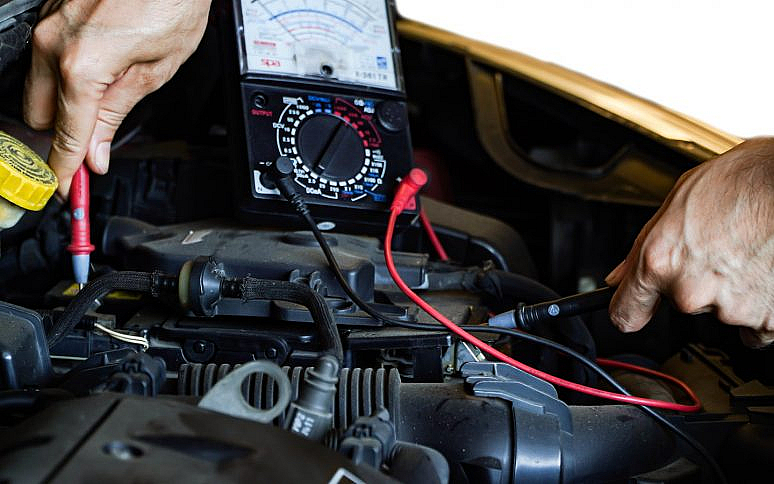
- What happens if you drive a short distance?
- Short drives mean more cold starts as a percentage of miles travelled, so there will be relatively more wear on the engine. Condensation Does Not Evaporate A short trip will not allow sufficient time for condensation in the oil system to burn off, which may result in a build-up of residue on your oil cap and other cooler parts of the system.
- Do short trips damage a car?
- My car has a manual transmission. Hi there. Short trips do not damage a vehicle as long as the engine is allowed to reach operating temperature. I’m not sure where this myth originated, but it is tied to older vehicles that used to develop engine “run on” where the engine would continue to spit and sputter after turning it off.
- How does driving short distances affect the life of your car’s battery?
- Driving short distances can affect the life your car’s battery by preventing it to recharge properly Less mileage can affect the car’s engine oil by not evaporating the contaminants efficiently With close to 290 million vehicles registered in the U.S., it seems like everyone is driving these days.
- Is it bad to take your car for long drives?
- Learn this thing about cars – the lesser you drive them, the worse it is for the car battery. If you take your car only for short spins the battery will never get a chance to charge fully. Not taking it for long drive frequently shortens battery life. It is, in fact, one of the biggest reasons for frequent car breakdowns.
- Do shorter cars handle better?
- Is 1 hour enough to charge a car battery?
- Is petrol better for city driving?
- Do short journeys use more fuel?
- Is 1 Litre car enough?
- Is diesel OK for short journeys?
- Do short journeys damage petrol engines?
- How long is a short drive?
- Can engine oil affect battery?
- What is the most efficient mph?
- Does driving fast hurt your car?
- Is it bad to drive every day?
- What height is too short to drive?
Do shorter cars handle better?
The handling of a car, in its most basic terms, is generally measured by how quickly and accurately it reacts to control input. A smaller car has less mass than a large one, and thus momentum, so it has a much easier time changing direction quickly.
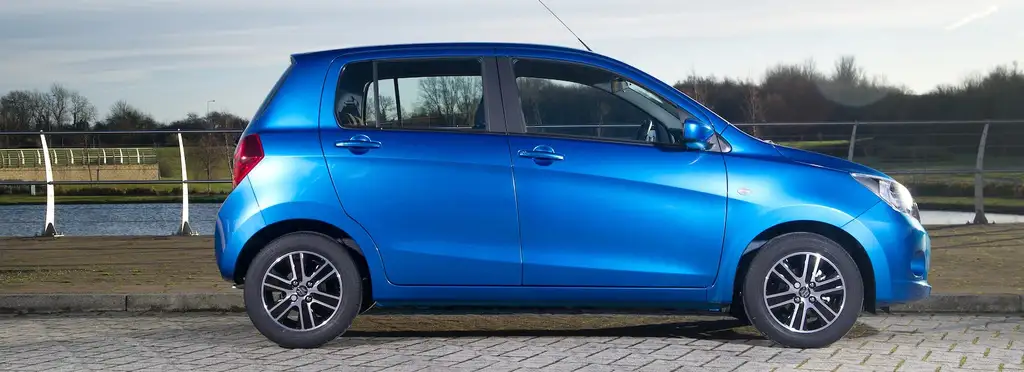
- Is a short wheelbase good or bad?
- A short wheelbase is good for a number of reasons. First, it provides nimble handling and makes the car more responsive to steering input. Second, it gives the car a tight turning radius, which is useful for maneuvering in tight spaces. Third, it can improve the car’s acceleration, as there is less weight to move around.
- Does lowering a car increase handling?
- Potential Handling problems. Lowering a car can potentially increase handling, but only if the road is perfectly smooth – which are rare to non-existent. On roads with imperfections you might actually end up cornering slower, as the car hits harder and skips across bumps.
- What’s the best car for a short driver?
- Shorter drivers appreciate a highly adjustable seat, a tilt-and-telescoping steering wheel, good visibility and an infotainment system that can be easily reached without moving out of the driving position. We’ve found a dozen vehicles, from sedans to SUVs, that can accommodate short drivers in comfort and safety.
- Are bigger wheels better?
- Bigger wheels look cool, but wheel and tire size has a huge effect on ride, handling, and noise. And unfortunately with wheels, you can’t usually can’t test drive them before you make a purchase. That’s why this video from UK site Tyre Review is so helpful.
Is 1 hour enough to charge a car battery?
Charging a regular car battery with a typical charge amp of around 4-8 amperes will take about 10-24 hours to charge it fully. To boost your battery enough to be able to start the engine, it would take around 2-4 hours. The best way to maintain a long life for your car battery is by recharging it slowly.
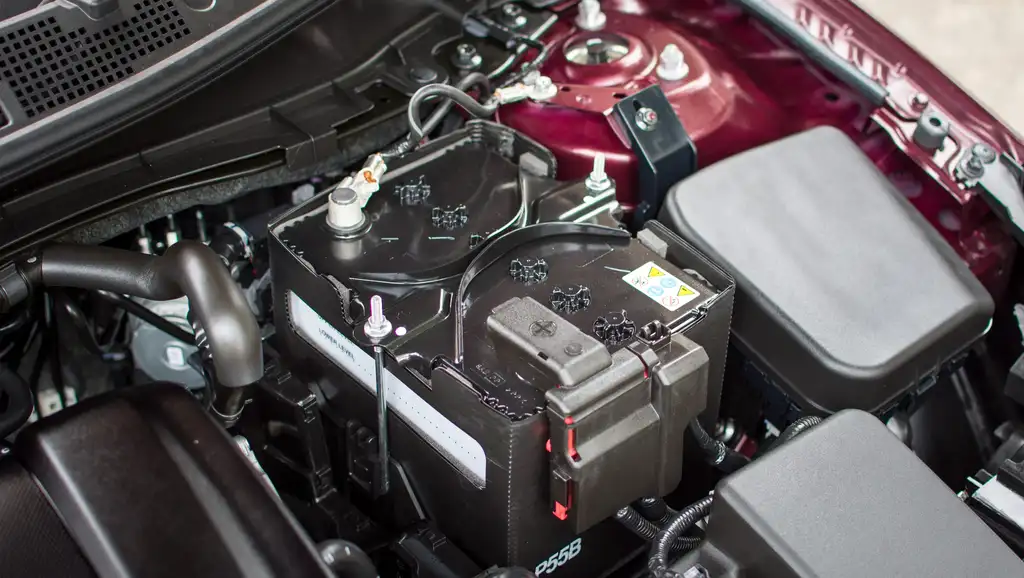
- How long does it take to charge a car battery?
- It takes roughly 10-24 hours to completely charge a battery with an average charge amp of about 4-8 amperes. However, if you just need your battery to start the engine, it will take roughly 2-4 hours—or, if feasible, you may restart your battery with another vehicle.
- How long does it take to charge a 52 Ah battery?
- To fully charge a battery of the size 52 Ah would take about 10 hours from dead to fully loaded, but you could probably start your car within 1 hour. First, you have to look at your car battery charger to find out how much ampere it’s giving out. High amperes charge your car battery faster.
- How many volts does a car battery need to charge?
- When properly charged, and in good working order, a car battery will typically read at about 12.4 to 12.6 volts and have enough reserve capacity to power a 25A load for anywhere from nine to 15 hours.
- How long does it take to charge an alternator?
- A half-hour of driving will give your alternator enough time to charge your battery. After that, the charge won’t be full, but you’ll be able to start your car the next time you get in. But if you want to charge your battery fully, you’ll need to drive longer. An hour to an hour and a half will do well.
Is petrol better for city driving?
Meaning for shorter journeys like to and from the shops, driving about town or if you have a shorter or slower-paced commute, a petrol engine will be more suitable. Diesel is also better for longer journeys because of it’s on-average increased fuel economy.

- Are diesel cars good for city driving?
- Following on from previous articles about the differences between petrol and diesel engines, and explaining why your fuel economy doesn’t usually match the official figures for your car, The Car Expert looks more closely at the suitability of diesel cars for use in city driving.
- Is there any advantage of having one petrol car?
- And, is there any advantage of having one petrol car, along with an existing diesel car? For pure city usage, it is better to go for a petrol than a diesel, as modern diesels require some amount of highway driving once or twice a month for burning off the deposits in the diesel particulate filter.
- Is it harder to drive a petrol or diesel car?
- Petrol cars can be harder work to drive as they generally require more gear changes to get up to speed. Also, with regards to city driving, it can be easier to stall a petrol-powered car than a diesel car as there is a shorter biting point on the clutch.
- Is a petrol vwtouran better for short journey London driving?
- Buying a 2nd hand VWTouran ,45000 miles + would a petrol model be better for short journey London driving . Previous very bad experiance with 2 diesel Valhall Zafiras re blocked exhaust filters. Yes. If your car use is restricted mainly to short journeys and city driving then, after electric or hybrid drive, petrol is the only sensible choice.
Do short journeys use more fuel?
Using the car for short journeys decreases your MPG because starting the engine from cold uses more fuel. Combine several short errands into one journey and save time and money.
- Can a short journey cause problems with a diesel car?
- Yes, short journeys will inevitably cause issues as diesel cars aren’t intended for this kind of use. Diesel engines produce a lot of soot – also called particulate matter (PM) – when they burn fuel. The job of the DPF is to filter and store this soot – which can cause harmful health issues – in order to reduce emissions from diesel cars.
- What is the best car for short distances?
- The best cars for short journeys are ones powered by gas, hybrid, or all-electric powertrains. Diesel-powered vehicles are best at long trips and not for repeated short journeys, so they are probably the worst type of vehicle of all for that type of use. Does driving short distances damage your car?
- Why is taking off better than cruising?
- Taking off uses more fuel than cruising. For shorter flights, this accounts for a larger proportion of the journey. And it means lower emissions for direct flights than multi-leg trips. Also, newer planes can be more efficient and some airlines and routes are better at filling seats than others.
- Are long haul flights more carbon-efficient than first class?
- The flight figures in the table are for economy class. For long haul flights, carbon emissions per passenger per kilometre travelled are about three times higher for business class and four times higher for first class, according to the Department for Business, Energy and Industrial Strategy (BEIS).
Is 1 Litre car enough?
1.0-1.2 Litre Engines You’ll get a good fuel economy out of them, as the smaller capacity means less fuel is used. This is great if you mainly do a lot of stop/start driving, such as in a city where there are lots of traffic lights, or if you usually make short journeys.
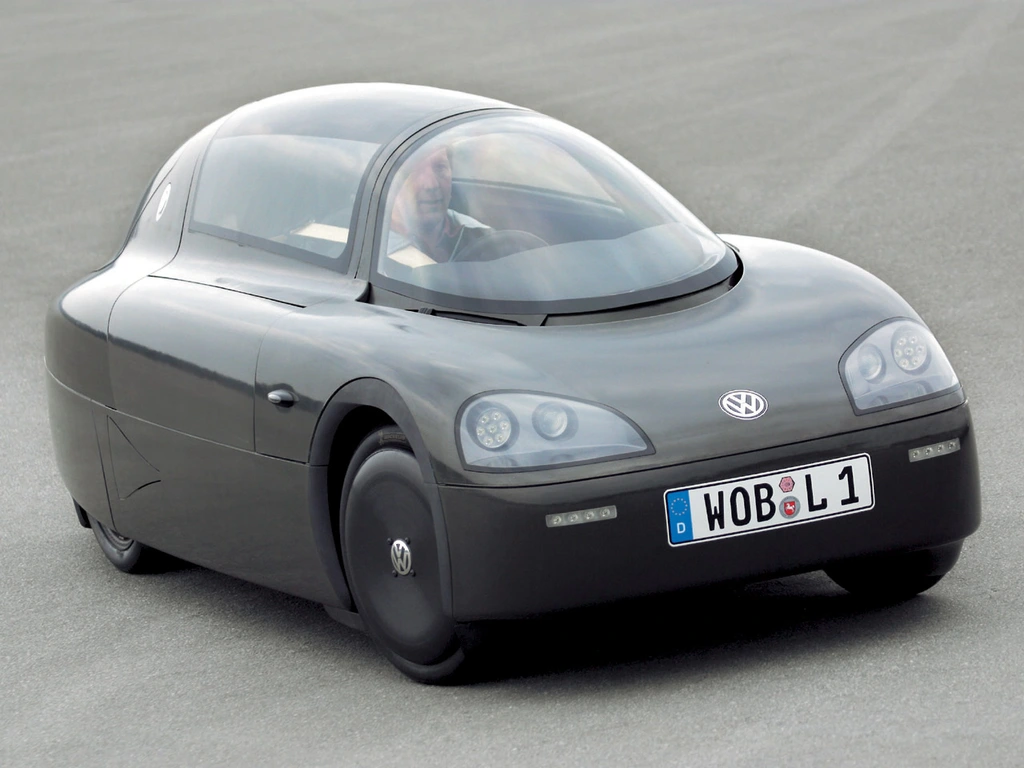
- How many litres is a good car engine?
- If you’d prefer a little more power underneath you, or you do a mixture of short journeys and trips along the motorway, you might find that an engine between 1.4 and 1.6 litres works best for you. They’re still usually good on the fuel economy front, so you won’t have to pay too many visits to the petrol station if you mainly drive around town.
- What are the benefits of having a 1.0-litre engine in your car?
- Today, a car fitted with a 1.0-litre engine can be just as powerful as an older car with an engine twice the size, but you’ll benefit from lower fuel consumption and decreased emissions from the exhaust, which should also keep your car tax costs cheaper. What does engine size mean?
- Is a 1.0 litre engine good for motorway miles?
- But yes a 1.0 litre engine should be ok. I’d say motorway miles are less damaging to your car in terms of gearbox, suspension, driveshaft brakes. It can be damaging depending on how frequently you do the 8 hour trip but that’s just because of the larger number of miles you’re putting on the clock. I’d advise against a car if you can.
- Are the new 1.0-litre turbo engines worth it?
- In this instance, the sales people are being entirely truthful — the new 1.0-litre turbo engines are indeed equivalent to an old 1.6 or even 1.8 engine in the way they drive. You certainly won’t find them too ‘revvy’ on the motorway, as the small turbo increases low-down torque and makes the car feel very relaxed and easy to drive.
Is diesel OK for short journeys?
However, you should consider the decision carefully: diesel cars aren’t right for all drivers. Namely, if you do lots of short journeys or start-stop driving, we’d recommend you steer clear. That means if you use your car mostly around town or for the school run, we don’t recommend a diesel over a petrol.
- Which is better petrol or diesel?
- Petrol cars are usually cheaper to buy and you’ll pay less at the pumps for a litre of unleaded. Diesel offers better fuel economy (typically 15-20mpg on a family car) and lower car tax. Which one costs less overall depends primarily on how long you plan to keep the car. Take the Ford Focus again.
- Should I switch to a new diesel engine?
- If short journeys are now the new normal for you, and you’re not tied into a finance agreement that may be expensive to get out of, then yes, it’s worth considering a switch to an older diesel model that wouldn’t have been fitted with a diesel particulate filter when new.
Do short journeys damage petrol engines?
Some folk may tell you that making regular short journeys is terrible for your car because the engine oil never fully warms up. In reality, all vehicles start from cold, so the critical thing is to avoid revving the engine until it is warmed up.
- Do long journey cars go through the cold phase?
- Its not as if long journey cars don’t go through the cold phase. Both short and long journey car are subject to the initial 10-15 minutes of cold engines. Because short journeys often involve lots of stop/start driving, putting components under load when the oil is cool. The clutch and gearboxes of cars can also suffer under these conditions.
- Are short trips (less than 5 miles) still bad for your engine?
- Are short trips (less than 5 miles) still bad for your engine, even if the temperature gauge still reaches at least middle/normal temperature by the end of the trip, and you drive very easy? Yes.
How long is a short drive?
It means driving for too short of time periods for the engine to reach normal operating temperature, and stay there for 30 minutes or more. This doesn’t allow moisture, and other contaminants to cook out of the oil, which promotes the buildup of sludge and other deposits.
- Is a long generic hard drive safe?
- Long Generic (progress in 1% increments and may take several hours to complete) When you launch the “Short Drive Self Test” (DST) most drives will run a thorough diagnostic routine that is built into the hard drive’s firmware. DST is completely data safe. The “Short Drive Self Test” is adequate for most situations.
- How long does a car drive last?
- For the next 1.5 years, the annual failure rate drops to 1.4%. After three years, the failure rate explodes to 11.8% per year. In short, this means that around 92% of drives survive the first 18 months, and almost all of those (90%) then go on to reach three years.
- What is a short drive self test (DST)?
- When you launch the “Short Drive Self Test” (DST) most drives will run a thorough diagnostic routine that is built into the hard drive’s firmware. DST is completely data safe. The “Short Drive Self Test” is adequate for most situations. The “Short Generic” test is similar and tests various areas of the drive.
- How long do hard drives last?
- After three years, the failure rate explodes to 11.8% per year. In short, this means that around 92% of drives survive the first 18 months, and almost all of those (90%) then go on to reach three years. Extrapolating from these figures, just under 80% of all hard drives will survive to their fourth anniversary.
Can engine oil affect battery?
Motor oil can affect your battery if it’s too thick, be it from cold, or age. Be sure to follow the recommended oil-change schedule for your car to ensure the battery doesn’t have to work harder than it needs to.
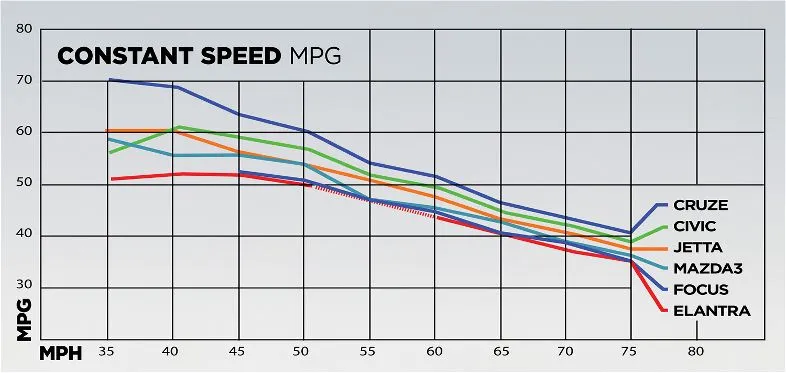
- How does motor oil affect your engine’s performance?
- Here is an overview of how motor oil can affect your engine’s performance. Inside your engine is a symphony of moving metal parts that work in concert to produce power. Pistons move up and down in their cylinders as they respond to bursts of energy during the combustion process.
- What happens if engine oil goes bad?
- You may also see a decrease in fuel economy as your old oil thickens, losing viscosity and some of its ability to lubricate. As the efficiency of your oil fades the engine can generate more heat, so it runs a bit hotter with the potential to overheat.
- What fluids are used in battery electric vehicles?
- One often-overlooked element of this shift involves fluids: the engine oils, gear oils, and transmission fluids that ICE vehicles consume in copious quantities will no longer be required for battery electric vehicles (BEVs). In contrast, EV fluids used in BEVs consist mainly of driveline fluids and coolants—the focus of this article. 1
- Does engine oil viscosity matter?
- Wonder no longer. The oil you choose for your car’s engine makes a difference in its economy and power production. Engine oil viscosity is the main focus here, and it all boils down to the basic laws of physics. The lower the engine oil viscosity, the better.
What is the most efficient mph?
55-65mph
7. The Energy Saving Trust says that the most efficient speed you can travel in a car in terms of achieving the best fuel economy is 55-65mph. Any faster, though, and the fuel efficiency decreases rapidly. For example, driving at 85mph uses 40% more fuel than at 70mph (oh, and it’s illegal too).
- What is the most efficient speed for electric cars?
- The most efficient speed for electric cars is closer to 15-20 mph versus 55 mph for ordinary cars. This is because the losses at low speeds for ordinary cars has to do with the construction and inefficiency of the gas ICE. Directly to the question at hand – they also give the sources of losses over the range of speeds.
- What is the maximum efficiency of a car?
- Aerodynamics explains why a maximum efficiency exists, but the design and engineering are what put it at 55mph, as opposed to 45mph or 65mph. @Georg – That must be the CO2 tax that if the car emits less than 120g/km it is a “green car”, and I guess that those cars must drive a specified speed when they measure.
- How fast should a car go?
- Try to keep the car’s speed under 80 km/h This is basically an extension of advice shared in the first point: You see, higher the car’s speed, more likely you will end up revving the engine beyond the recommended rpm limit for the run-in period. Plus, you will also be putting some stress on a new engine.
- What is the best commuting speed?
- If you click the pencil icon, you can change the starting values and run it again. (Try it with your own hourly pay and the cost of gas where you live.) You can see that with these values, the best commuting speed is 66 mph for a distance cost of 48 cents per mile. Each trip of 30 miles would cost $14.41.
Does driving fast hurt your car?
If you go faster, your engine will use more gas or diesel per mile driven and your transmission will wear out. Also, when you go so fast it means extra stress on all the small moving parts of your engine, and that can cause it to wear out more quickly.
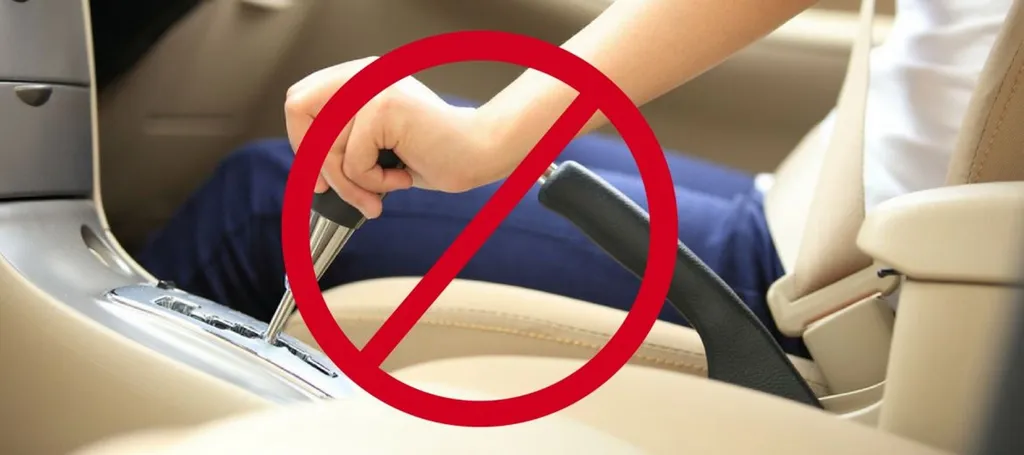
- Is driving fast bad for your car?
- Driving fast is bad for the engine, drivetrain, suspension and various other components of a car as it causes them to wear more quickly. However, modern cars are built to tolerate speeds much higher than are legal on any public road. Cars can handle high speeds, but regularly driving quickly will mean higher maintenance costs in the long-run.
- Is 100 mph bad for your car?
- Even driving at 100 mph isn’t bad for the majority of cars, as long as you don’t drive at those speeds all the time. Driving smoothly and shifting sensibly through the gears to reach higher speeds is by far the best way to protect your engine if you want to drive quickly on long journeys. Is rapid acceleration bad for your car?
- What happens if you drive over a Speed Bump without slowing down?
- Similarly, driving over a speed bump without slowing down can cause damage to the front and rear of the car, the underside, and potentially the exhaust system. RAC Comprehensive Car Insurance Plus has been given a 5 Star Rating by Defaqto. Get a quote online today. 4. Neglecting warning lights
- Is cruising at high speed good for your car?
- In most cases, cruising at high speed is actually good for your car if done occasionally. By high speed, I mean 90 mph or so, provided traffic and road conditions allow it, your vehicle is in good condition and you have good tires.
Is it bad to drive every day?
Effects of prolonged sitting a Deep Vein Thrombosis (DVT) will prohibit a driver from driving for at least 2 months, and they can also be life-threatening. Back pain is another common effect of prolonged sitting that people who drive, or sit for long hours at a desk job may experience.
What height is too short to drive?
You DO need to pass all vision, health, and safety requirements, but no government or law enforcement agency in the United States can prohibit your from driving simply based on how tall or short you are. From a physical standpoint, nobody is too short to drive.

- Is it too short to drive?
- However, in most cases, any needed modifications to a vehicle will be reasonably priced. So from both a legal and physical standpoint, no, you are not too short to drive. While you may have other issues that prevent you from driving, your height alone is not a problem. VIDEO: How Little People Drive Specific Types Of Challenges For Short Drivers
- Are You taller or shorter than the average driver?
- While most people only deviate slightly from the average (few inches taller or shorter, a little bit heavier or lighter, etc.), some of us are built a little more…. special. Driving presents some unique benefits as well as challenges to both very tall and very short drivers.






